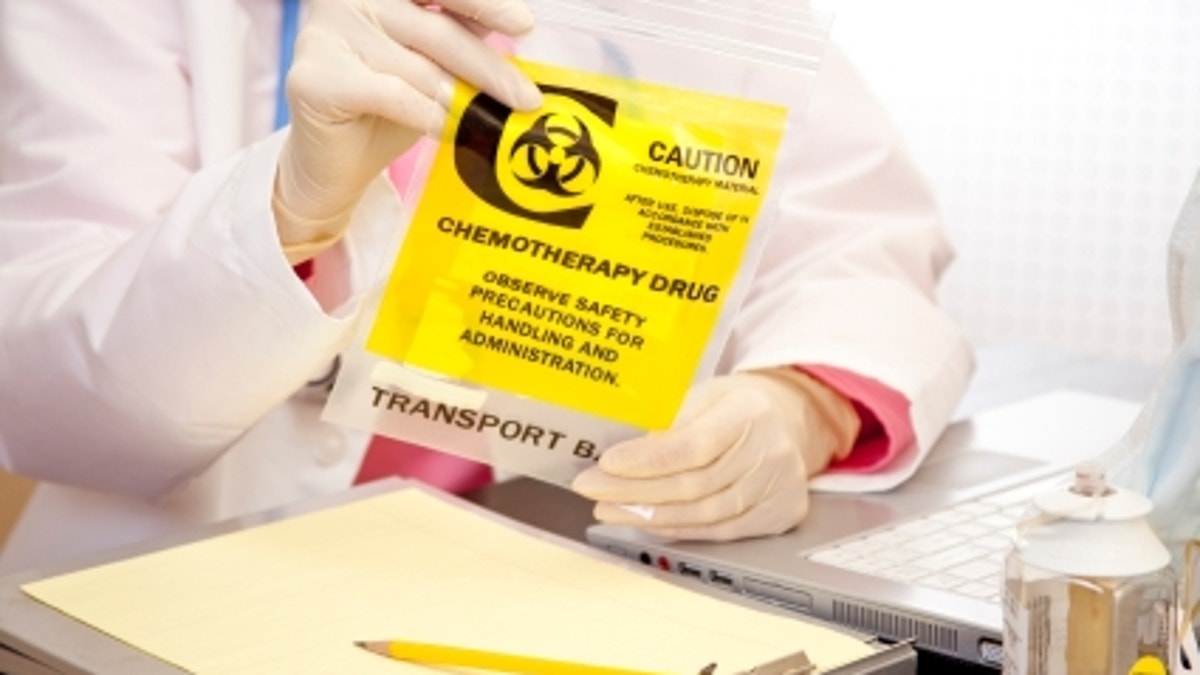
Even decades later, people diagnosed with cancer in their teenage years are less likely to have college degrees, to work full time, to be married or to live independently, a recent U.S. study found.
Survivors of teenage cancer also faced higher rates of depression and anxiety, as well as issues with memory and task efficiency, compared to their siblings who did not have cancer.
“Cancer diagnosis during adolescence has the potential to disrupt the growth process that is necessary for adulthood; so our team felt it was important to try and characterize what obstacles these survivors are facing,” said lead author Dr. Pinki Prasad.
While the effects of childhood cancer are more widely studied, there has been less research into the effects of cancer treatment on adolescents, said Prasad, a pediatric cancer specialist at the Louisiana State University School Health Sciences Center in New Orleans.
She and her colleagues analyzed data from nearly 2,589 survivors who were diagnosed with cancer between the ages of 11 and 21. The Childhood Cancer Survivor Study followed people who were diagnosed between 1970 and 1986 and also surveyed the survivors’ siblings as a comparison group.
The cancer survivors were mostly in their thirties or older when they and their siblings answered questions about their employment status, education level and living situation. They also rated their own emotional states and cognitive functioning, including their organizational abilities, task efficiency and memory.
The researchers found that, compared with their siblings, teenage cancer survivors were less likely to have completed post-high school education, to be working full time, to be married or to live independently.
The researchers report in the Journal of Clinical Oncology that these social outcomes were related to the survivor’s neurocognitive symptoms. For example, participants with task efficiency issues were about three times more likely to be unemployed.
Cancer survivors were also about 50 percent more likely than their siblings to report depression and twice as likely to report anxiety. And survivors rated themselves as having more problems with regulating their emotions and with memory.
These findings are useful for this older group of teenage cancer survivors, said Heather Conklin, an associate faculty member at St. Jude Children’s Research Hospital in Memphis, Tennessee. But because cancer treatment has changed over time, the results “may be less applicable for those patients receiving modern therapy.”
Conklin, who was not involved in the study, also said future research should involve formal assessments of the survivors’ emotional states, since self-reporting can be unreliable.
Prasad told Reuters Health that because the biology of tumors and cancers in teens is different from that of adults, their treatments tend to be more aggressive.
Teen cancer survivors may also struggle later in life because their treatment came at a time of such rapid social and emotional development, Prasad added. “Cancer treatment at this time interferes with development of relationships, academic achievement, participation in social activities and the development of autonomy from parents,” she said.
Conklin said teenagers’ increased expectations for independence and autonomy from parents can make the already challenging process of treatment even more difficult.
“It is important to continue to learn more about this vulnerable population through clinical studies so they do well through cancer therapy and as survivors,” Prasad said.
